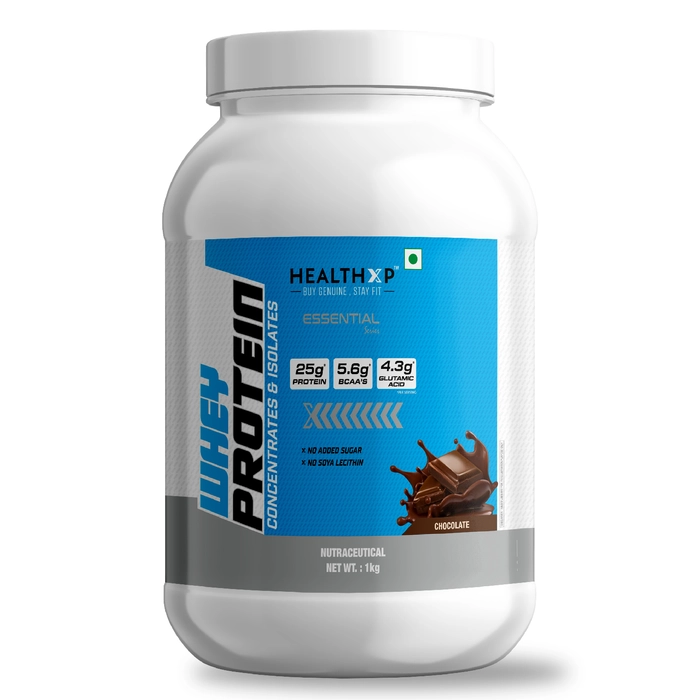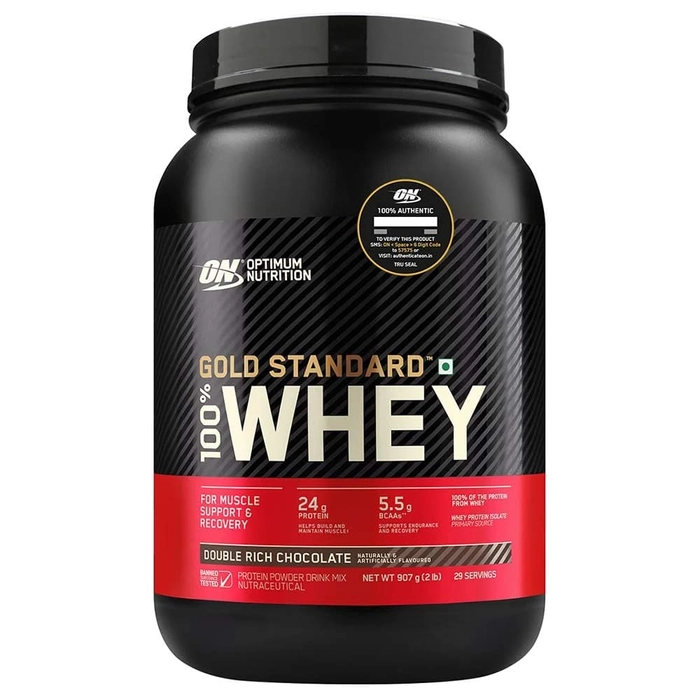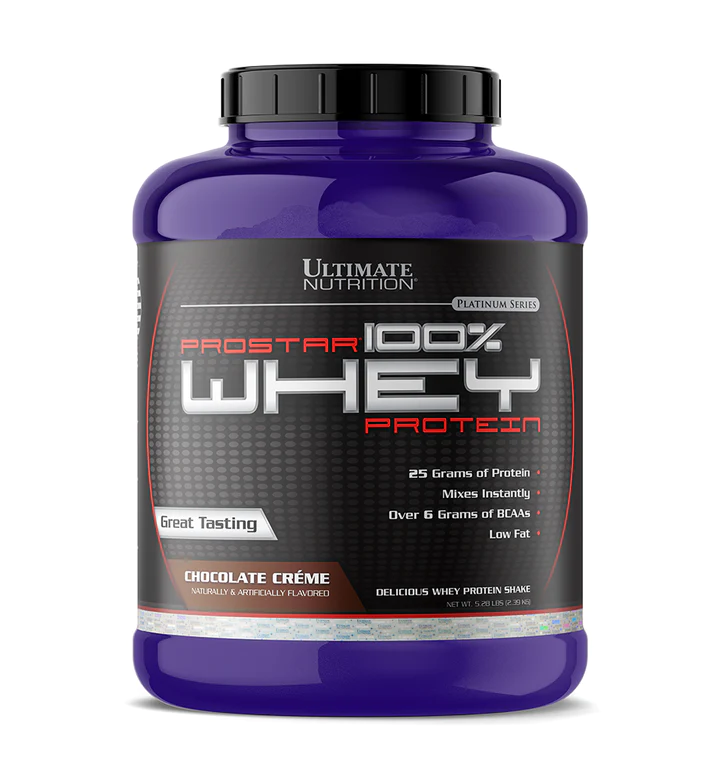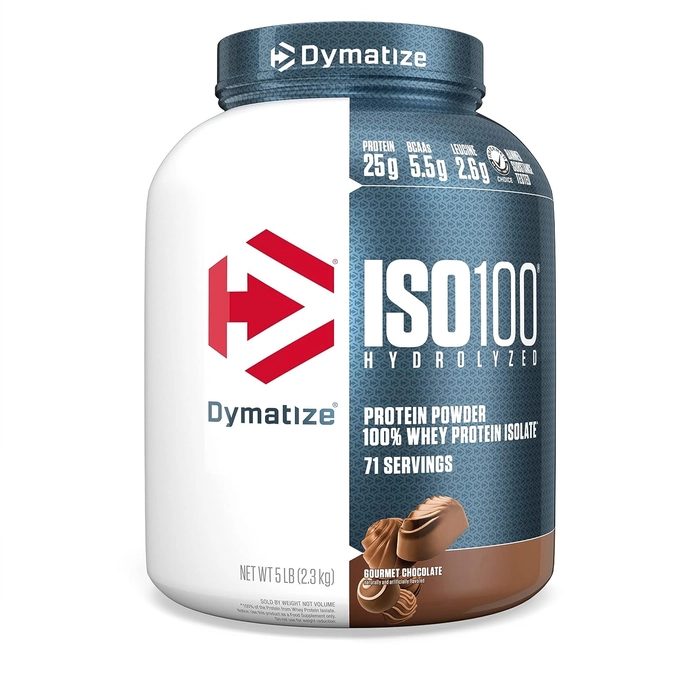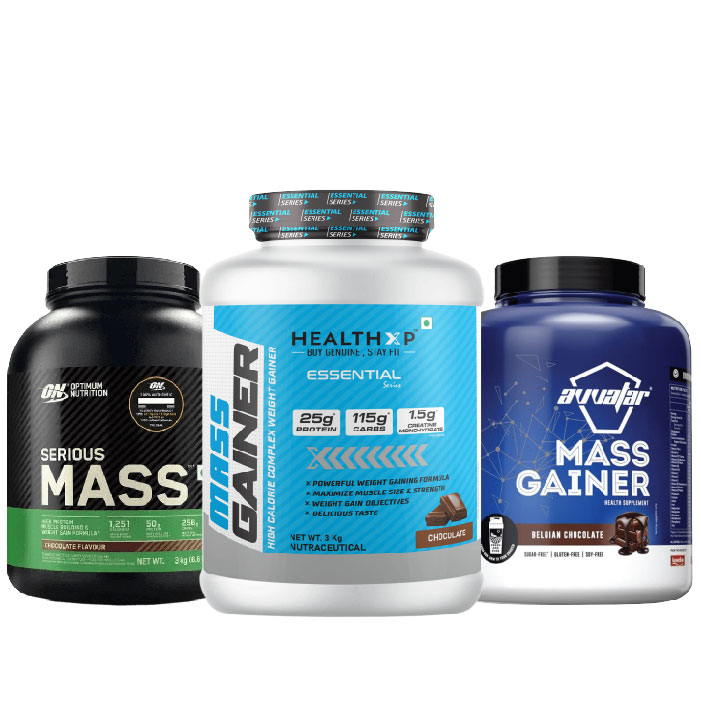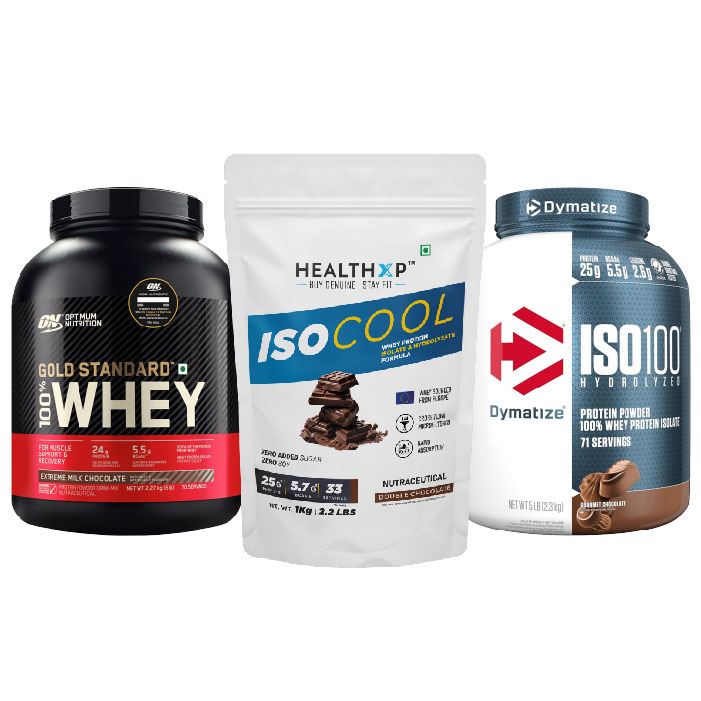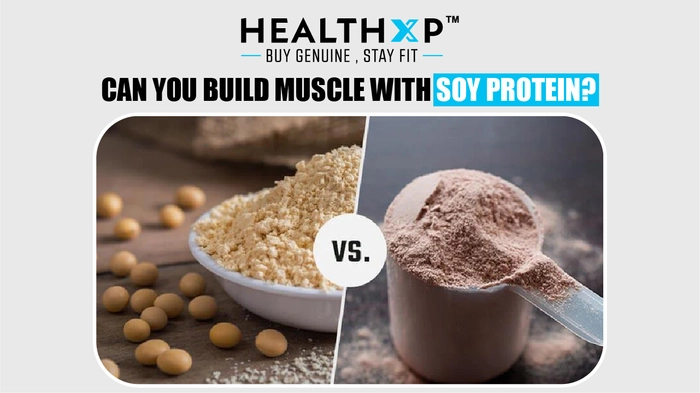Protein supplements are a staple in the fitness and nutrition world, offering a convenient way to meet daily protein needs. Among the most popular choices are soy protein and whey protein. While both have unique benefits, understanding their differences can help you make an informed choice that aligns with your goals.
Here’s a detailed comparison of soy protein and whey protein to help you decide which one fits your lifestyle and fitness aspirations.
1. Nutritional Profile
Derived from milk during the cheese-making process, whey protein is a complete protein source containing all nine essential amino acids. It’s rich in branched-chain amino acids (BCAAs) like leucine, which directly support muscle growth and recovery.
Extracted from soybeans, soy protein is also a complete protein. It contains all essential amino acids, including a higher proportion of arginine, which enhances blood flow and supports heart health. Additionally, soy protein is plant-based, making it a favorite among vegans and vegetarians.
Whey Protein
Whey protein is fast-digesting, making it ideal for post-workout consumption when your muscles need quick nourishment. Its high bioavailability ensures your body absorbs and utilizes it efficiently.
Soy Protein
Soy protein is moderately digestible compared to whey. While it provides sustained energy over time, it may not be as effective immediately after intense workouts.
Whey Protein
Known as the gold standard for muscle building, whey protein is packed with leucine, which triggers muscle protein synthesis. It’s a go-to choice for athletes and bodybuilders aiming to increase lean muscle mass.
Soy Protein
Soy protein supports muscle repair and maintenance but falls slightly short in leucine content compared to whey. However, its high glutamine levels aid in recovery and immunity.
Whey Protein
Whey protein promotes satiety and supports fat loss while preserving lean muscle mass. It’s an excellent option for those looking to shed weight or tone their physique.
Soy Protein
Soy protein is equally effective in managing appetite and promoting fat loss. Its low-fat and low-carb content make it a great addition to calorie-controlled diets.
Whey Protein
As an animal-derived product, whey protein is unsuitable for vegans or those with lactose intolerance, though isolate forms contain minimal lactose.
Soy Protein
Soy protein is 100% plant-based, making it ideal for vegans, vegetarians, and those with dairy sensitivities.
Which One Should You Choose?
Your choice between soy protein and whey protein depends on your fitness goals, dietary restrictions, and personal preferences:
You’re focused on muscle building, rapid recovery, and are not restricted by lactose intolerance or veganism.
Choose Soy Protein If:
You prefer plant-based options, want heart health benefits, or follow a vegan or vegetarian diet.

